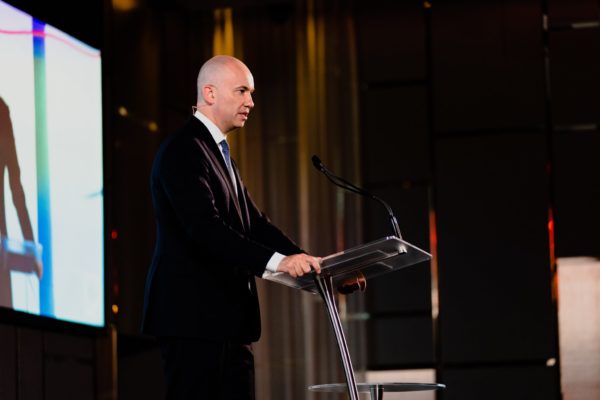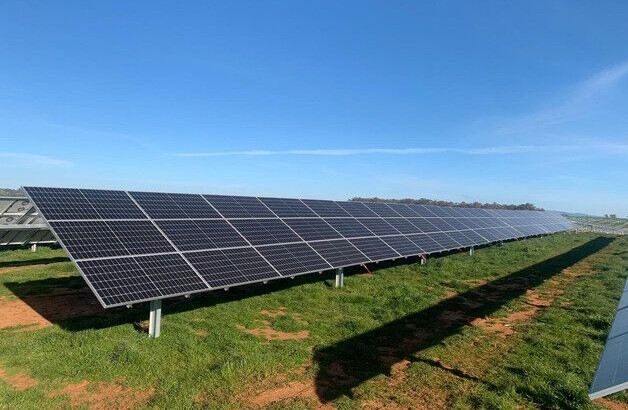The New South Wales (NSW) government has ramped up the state’s transition to net zero greenhouse gas emissions with a commitment to reduce emissions by 70% below 2005 levels by 2035 as state looks to wean itself off coal-fired power.
NSW Treasurer and Energy Minister Matt Kean announced the government would spark more than $39 billion (USD 26 billion) in private investment and support 13,000 jobs while protecting the state’s energy security.
“NSW can attract international capital, industry and talent if we seize the opportunity to be at the forefront of the low-carbon global economy,” he said.
“We need to reduce our reliance on energy sources that can be taken hostage by authoritarian regimes. By switching to locally made renewable energy, we can not only build a cleaner future, we can also protect our energy security.”
The new target comes just days after the NSW and federal governments announced a $7.8 billion investment to help finance the development of eight critical transmission and renewable energy zone projects as they look to accelerate the state’s clean energy future.
The funding package will help finance the construction of infrastructure needed to connect the state’s planned renewable energy zones (REZs) and the 2 GW Snowy 2.0 pumped hydro project to the electricity grid.
The first of these zones, in the Central West and New England regions, are due to be established by 2030, with three others to follow in the southwest, Hunter-Central Coast and Illawarra regions.

Image: Matt Kean
One of the first Australian jurisdictions to commit to net zero emissions by 2050, NSW had previously announced its ambition to halve emissions from 2005 levels by 2030.
Kean said the latest projections show the state is on track to achieve its 2035 pledge and in the following five years will make even bigger gains in reductions, prompting the revised ambition.
“We’ve set our clear targets … we’ve got the policies legislated that will meet those targets,” he said.
The Climate Council was among those organisations which praised the NSW government’s new target of a 70% carbon cut by 2035, saying it could help deliver nationwide benefits.
“There is a real sense of momentum towards a clean future in Australia this year,” Climate Council Head of Advocacy Jennifer Rayner said in a statement.
“We’ve seen much stronger targets for renewable energy and emissions reduction announced in Queensland, Victoria and now NSW. It’s great to see states jostling to be at the front of the pack in the race to net zero and Australians will reap the benefits.”
“The further and faster states go on reducing emissions, investing in clean energy technologies like renewables, storage and energy efficiency and phasing out fossil fuels, the more benefits they’ll unlock.”
The new pledge puts NSW near the head of the pack when it comes to emissions reductions, beaten out only by Tasmania which is targeting net zero by 2030.
South Australia and Victoria are both targeting a 50% cut below 2005 levels by 2030, while Queensland is aiming to reach 30% by 2030. All states and territories have agreed to 100% by 2050.
This content is protected by copyright and may not be reused. If you want to cooperate with us and would like to reuse some of our content, please contact: editors@pv-magazine.com.









1 comment
By submitting this form you agree to pv magazine using your data for the purposes of publishing your comment.
Your personal data will only be disclosed or otherwise transmitted to third parties for the purposes of spam filtering or if this is necessary for technical maintenance of the website. Any other transfer to third parties will not take place unless this is justified on the basis of applicable data protection regulations or if pv magazine is legally obliged to do so.
You may revoke this consent at any time with effect for the future, in which case your personal data will be deleted immediately. Otherwise, your data will be deleted if pv magazine has processed your request or the purpose of data storage is fulfilled.
Further information on data privacy can be found in our Data Protection Policy.